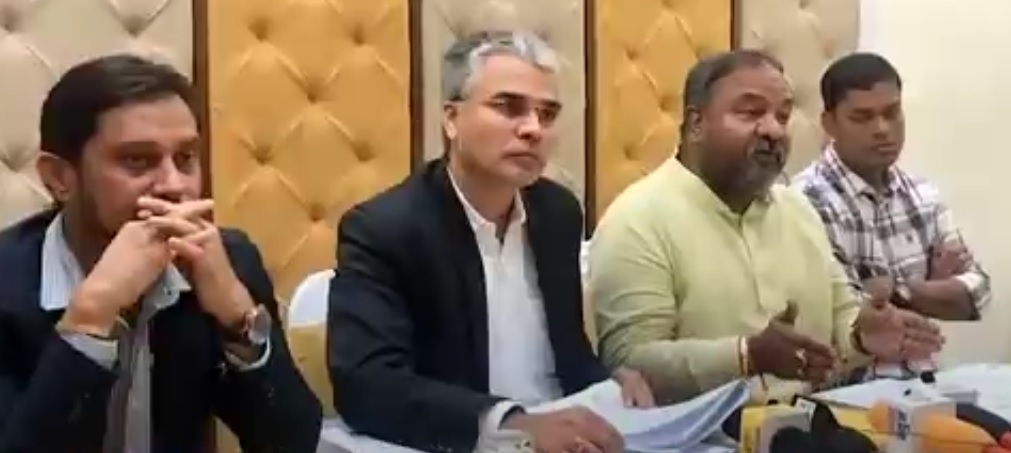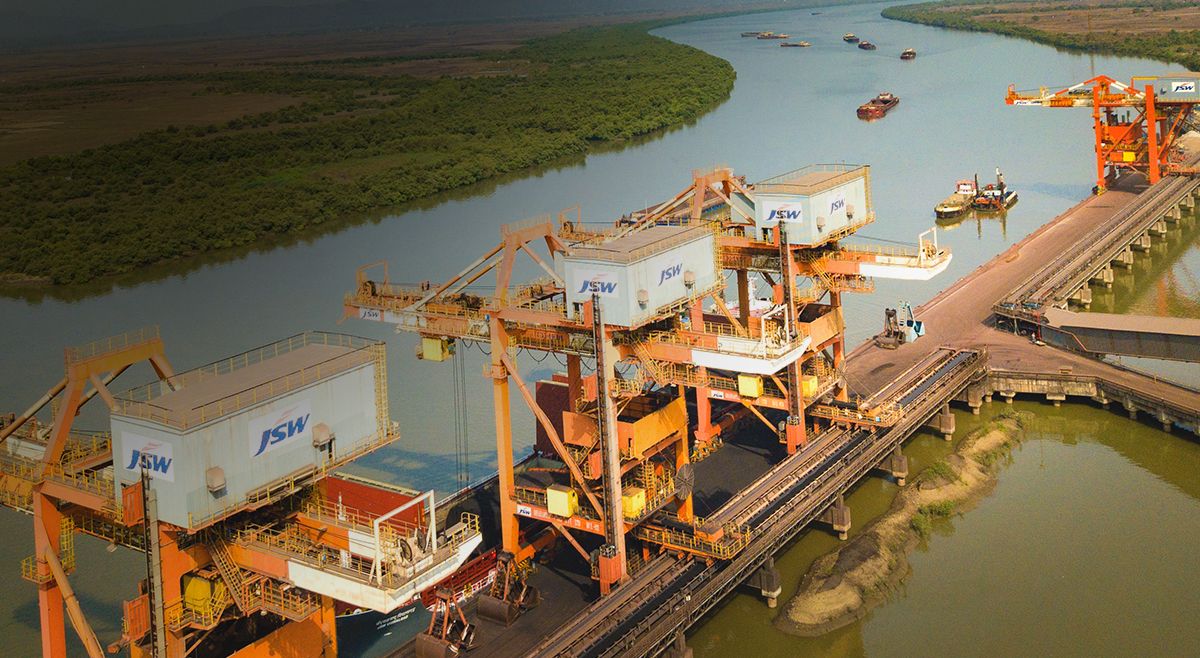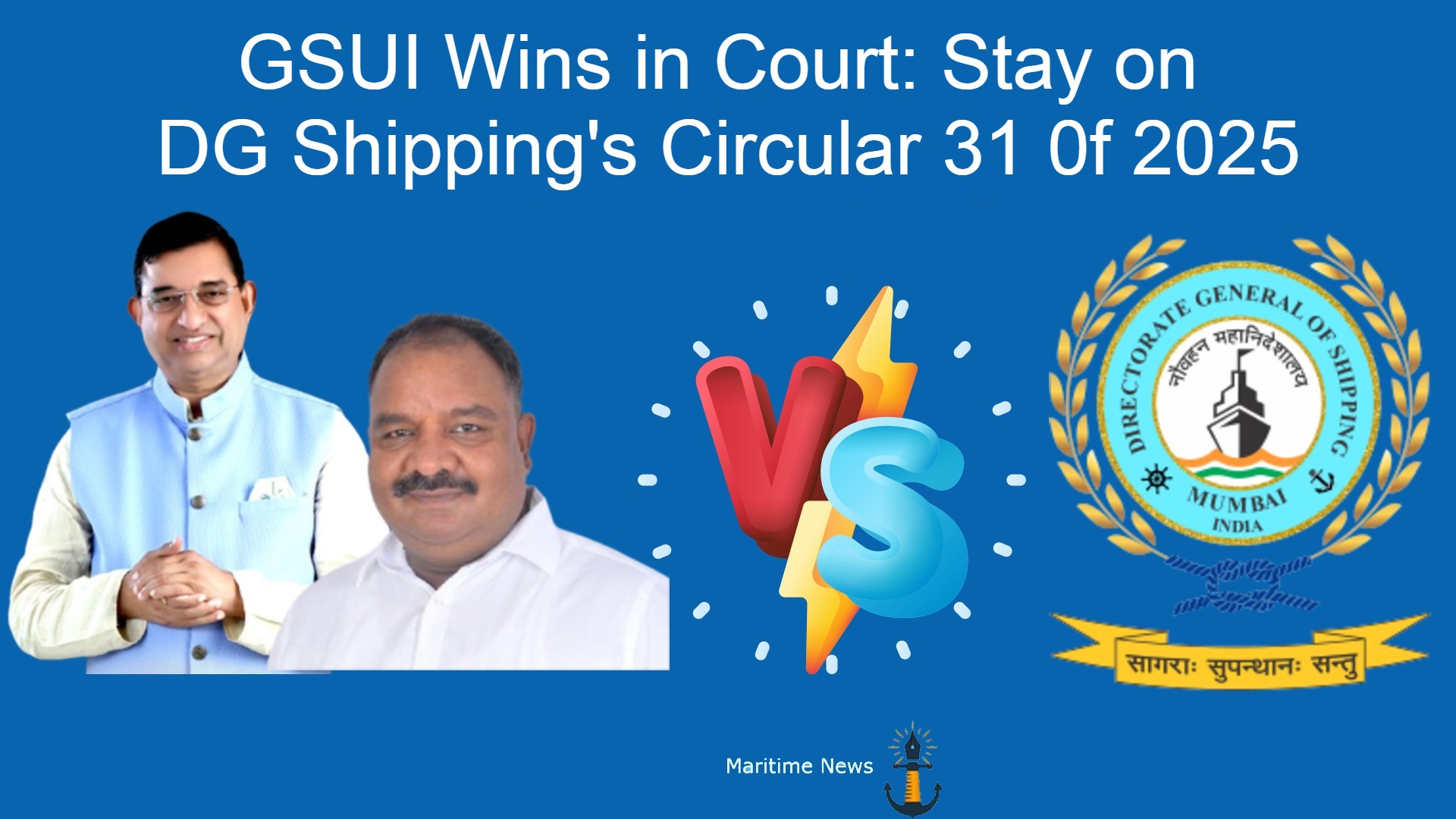Maritime News India : In a major push towards sustainable urban mobility, the Inland Waterways Authority of India (IWAI) has approved a feasibility study for developing Urban Water Transport Systems in 17 cities across 12 states. The decision was taken at the 196th IWAI Board meeting, with Kochi Metro Rail Limited (KMRL) appointed to conduct the study.
The initiative aims to establish Water Metro systems, utilizing India’s extensive waterways for eco-friendly, efficient, and multimodal transport solutions. The study will explore full or partial implementation in key cities, including Ayodhya, Dhubri, Goa, Guwahati, Kollam, Kolkata, Prayagraj, Patna, Srinagar, Varanasi, Mumbai, Vasai, Mangalore (Gurupura River), Gandhinagar-Ahmedabad (Sabarmati River), Alleppey, Lakshadweep, and Andaman & Nicobar Islands.
Transforming Urban Mobility
The Water Metro model, pioneered in Kochi, represents a breakthrough in urban water transportation, integrating electric ferries, modernized terminals, and seamless connectivity with other transport networks. The IWAI’s vision includes:
- Reducing congestion by offering alternative transport routes
- Promoting tourism through scenic and efficient water-based travel
- Enhancing regional growth by improving connectivity between mainland areas, municipalities, and islands
- Ensuring environmental sustainability through energy-efficient, non-polluting electric ferries
This initiative aligns with the Harit Nauka guidelines, under which IWAI has already deployed two electric catamarans in Varanasi and Ayodhya. Six more are set to launch in Mathura and Guwahati, along with India’s first hydrogen fuel cell-powered vessel, which recently completed successful trials.
Challenges Hindering Implementation
While the initiative promises significant benefits, several challenges could impact its success:
- Infrastructure & Investment Gaps – Developing modern ferry terminals, passenger waiting areas, and ticketing systems requires significant capital investment, which may delay implementation.
- Seasonal Water Level Variations – Many Indian rivers experience fluctuating water levels due to monsoons and dry spells, which can impact ferry operations.
- Last-Mile Connectivity – Ensuring seamless integration with existing road and rail networks is crucial for public acceptance.
- Environmental Concerns – While electric ferries reduce pollution, dredging and constructing terminals may disrupt local ecosystems.
- Public Awareness & Adoption – Commuters are accustomed to road and rail transport, and shifting their preferences towards water transport will require awareness campaigns and incentives.
Policy Reforms Required
To address these challenges, the government must introduce policy reforms that facilitate the smooth implementation of urban water transport systems:
- Regulatory Framework – Defining clear operational guidelines, safety norms, and environmental regulations for water transport.
- Financial Incentives – Offering subsidies and tax benefits to encourage private investments in ferry services and infrastructure.
- Integration with Urban Mobility Plans – Coordinating with local transport bodies to ensure smooth multimodal connectivity.
- Community Engagement Programs – Involving local communities in the planning process to address concerns and increase public trust.
- Capacity Building – Training local personnel for ferry operations, maintenance, and safety management.
Local Resistance & Opposition
While the Water Metro project has received strong support from policymakers, it has also faced resistance from local stakeholders in some areas:
- Traditional Boat Operators – Small-scale ferry operators fear losing their livelihoods due to competition from modern electric ferries.
- Fishermen’s Concerns – Fishermen in coastal and riverine regions worry that increased ferry traffic may disrupt their fishing zones.
- Real Estate & Land Acquisition Issues – Developing ferry terminals requires land acquisition, which may lead to displacement protests.
- Environmental Activism – Concerns over dredging, water pollution, and the impact on local ecosystems have led to objections from environmental groups.
A Nationwide Expansion of Waterways
With the dynamic leadership of Prime Minister Narendra Modi and Ports, Shipping, and Waterways Minister Sarbananda Sonowal, IWAI is spearheading multiple infrastructural interventions to develop waterways as a major driver of growth. The Authority is now expanding its footprint from Arunachal Pradesh in the East to Gujarat in the West, and Jammu & Kashmir in the North to Kerala in the South.
The upcoming Water Metro feasibility study marks another milestone in India’s journey towards a sustainable and interconnected urban transport future. If implemented successfully, these projects will transform urban commuting, boost local economies, and position India as a global leader in green water transport.




